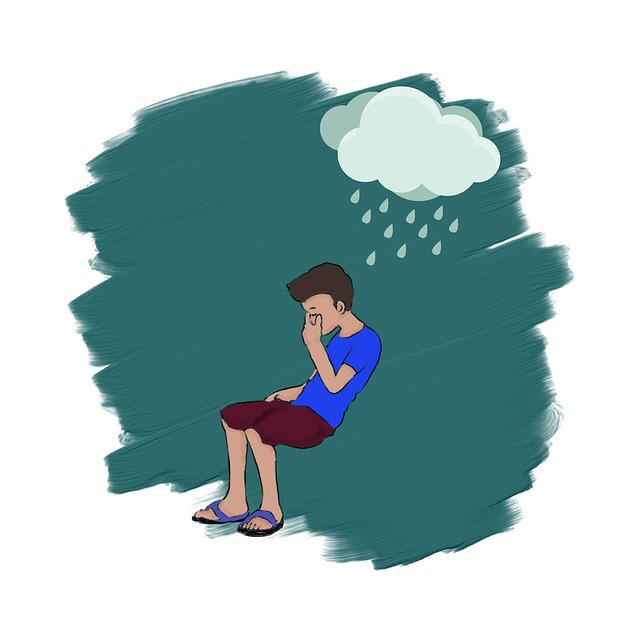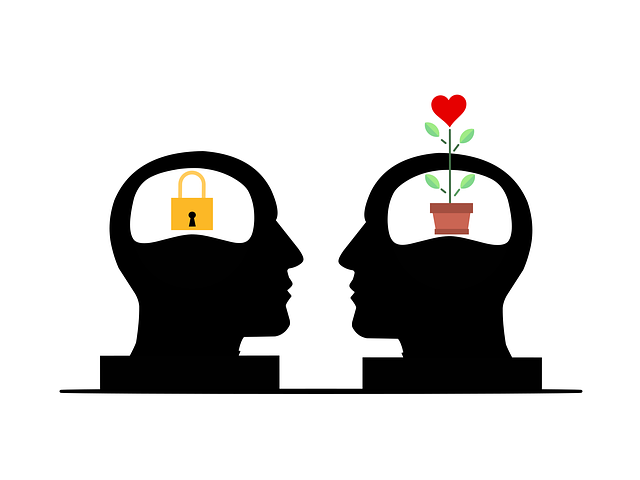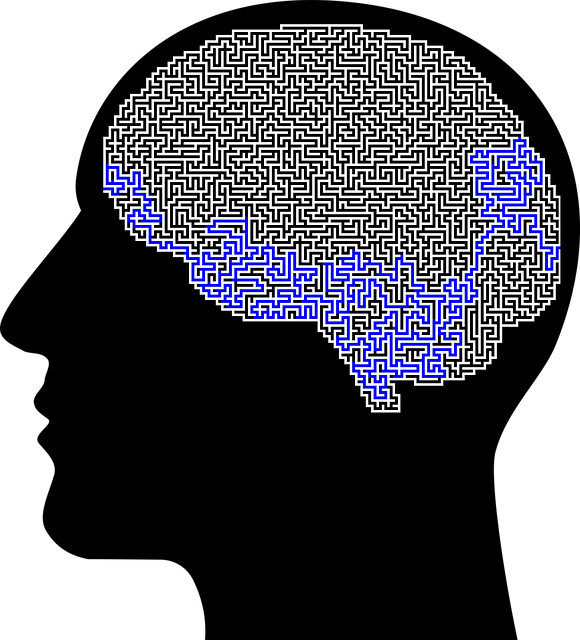Centennial Children Therapy introduces mindfulness meditation as a powerful tool for enhancing children's mental wellness and emotional resilience. By teaching kids to focus on the present, observe thoughts without judgment, and accept mind flux, this ancient practice empowers them with risk management skills. Simple breathing exercises and body scans incorporated into daily routines improve concentration and mental health. Mindfulness practices foster compassion, emotional intelligence, and healthier relationships, benefiting children's long-term well-being. Creating safe spaces, with comfortable environments, encourages consistent meditation routines that enhance mood management and overall mental health awareness. Starting with 10-minute sessions, Centennial Children Therapy offers personalized guidance for mindful living, making it accessible to integrate into daily schedules and reduce mental health stigma.
Introducing our comprehensive guide on mindfulness meditation for children, designed by Centennial Children Therapy experts. Learn how this ancient practice fosters emotional well-being and enhances focus in kids. From understanding its fundamentals to creating a nurturing environment and establishing a routine, we offer practical tips. Discover the myriad benefits of early adoption, including improved self-regulation and enhanced overall mental health. Embrace mindfulness as a powerful tool for guiding children towards a calmer, more mindful future.
- Understanding Mindfulness Meditation for Children
- The Benefits of Mindful Practice in Childhood
- Creating a Safe and Supportive Environment
- Step-by-Step Guide to Starting a Meditation Routine
- Incorporating Mindfulness into Daily Life
Understanding Mindfulness Meditation for Children

Mindfulness meditation is an ancient practice that has gained significant attention in modern times, especially when tailored for children. At Centennial Children Therapy, we believe that introducing mindfulness to young minds can be a transformative experience, fostering mental wellness and emotional resilience. This type of meditation encourages kids to focus on the present moment, observing their thoughts and feelings without judgment. It’s not about quieting the mind but rather training it to recognize and accept its constant flux.
For children, mindfulness meditation can be a powerful tool for risk management planning in mental health. By teaching them to be aware of their emotions and sensations, we empower them to make healthier choices and develop effective coping strategies. Incorporating simple breathing exercises and body scans into daily routines can help kids calm their minds, improve concentration, and enhance overall mental wellness. Additionally, engaging in mindfulness practices alongside journaling exercises can provide valuable insights for both children and the professionals supporting them, offering a holistic approach to mental health care.
The Benefits of Mindful Practice in Childhood

Mindfulness practice from a young age can have profound effects on a child’s mental and emotional well-being. Centennial Children Therapy highlights that introducing mindfulness to kids helps them develop better self-awareness, allowing them to recognize and understand their emotions more effectively. This early exposure to mindfulness can act as a powerful tool to combat the rising rates of anxiety in children, offering them strategies to manage stress and calm their minds.
Additionally, regular mindfulness meditation encourages the cultivation of compassion and emotional intelligence. Through these practices, children learn to respond to challenging situations with empathy, fostering healthier relationships and social interactions. The benefits extend beyond childhood, as these skills can shape resilient individuals capable of navigating life’s complexities with greater ease and emotional balance.
Creating a Safe and Supportive Environment

Creating a safe space is an integral part of mindfulness meditation practice, especially for those new to the concept or seeking support from professionals like Centennial Children Therapy. This involves setting aside a dedicated area free from distractions and external pressures, allowing individuals to focus solely on their inner experiences. A quiet, comfortable room with soft lighting can be ideal, where one feels at ease and empowered to explore their thoughts and emotions without judgment.
In fostering a supportive environment, it’s beneficial to establish consistent meditation routines, which help build mental wellness and improve mood management skills. This can include creating a peaceful ambiance with soothing scents or music, using meditation aids like cushions or calming visuals, and perhaps even incorporating elements of nature to connect with the earth and enhance mental health awareness.
Step-by-Step Guide to Starting a Meditation Routine

Starting a mindfulness meditation routine can be as simple as setting aside 10 minutes each day for yourself. Begin by finding a quiet, comfortable space where you won’t be disturbed. Sit with your back straight and close your eyes, taking a few deep breaths to center yourself. This initial setup is the foundation of your practice, promoting emotional well-being promotion techniques through mind over matter principles.
Next, focus on your breath, noticing the rise and fall of your chest or the sensation of air passing through your nostrils. When thoughts inevitably arise, gently guide your attention back to your breath without judgment. Consistency is key; aim for a short but regular practice at first, then gradually increase your meditation sessions as you become more comfortable. Centennial Children Therapy can provide guidance tailored to individual needs, helping you navigate this journey towards enhanced mindfulness and improved emotional well-being.
Incorporating Mindfulness into Daily Life

Incorporating mindfulness into daily life doesn’t have to be a monumental task. It starts with small, conscious choices that cultivate present-moment awareness. Centennial Children Therapy advocates for this approach, emphasizing that mindfulness is not about achieving a certain level of perfection but rather making space for observation and acceptance. Simple practices like mindful breathing, where you focus on the sensation of air entering and leaving your body, can be woven into even the busiest schedules.
This integration extends beyond individual moments; it’s about transforming daily routines into opportunities for mindfulness. Whether it’s savoring a meal without distractions or engaging in a mindful walk, these practices contribute to enhanced mental wellness coaching programs development. By adopting such habits, individuals not only support their own mental health but also actively engage in reducing the stigma surrounding mental illness, as evidenced by various mental illness stigma reduction efforts. Additionally, a regular mindfulness practice can serve as an essential risk assessment tool for mental health professionals, helping them stay grounded and present in their work.
Mindfulness meditation offers children a powerful tool for emotional well-being and personal growth, with benefits extending far beyond the moment. By creating a safe space and incorporating simple practices into daily routines, parents and caregivers can empower kids to navigate life’s challenges with increased focus, self-awareness, and resilience. Centennial Children Therapy underscores the importance of early intervention and provides guidance for fostering mindfulness in children, setting them up for a lifetime of mental wellness.














